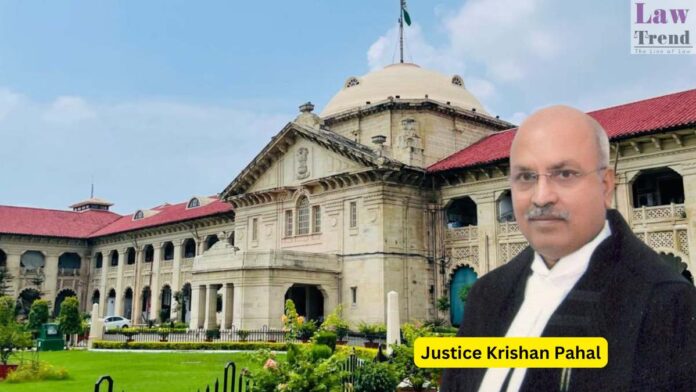The Allahabad High Court has granted bail to a man accused in a dowry death case who has been incarcerated for over four years without charges being framed, primarily due to his admission to a mental health facility. The single-judge bench of Justice Krishan Pahal emphasized the constitutional right to a speedy trial and reiterated
To Read More Please Subscribe to VIP Membership for Unlimited Access to All the Articles, Download Available Copies of Judgments/Order, Acess to Central/State Bare Acts, Advertisement Free Content, Access to More than 4000 Legal Drafts( Readymade Editable Formats of Suits, Petitions, Writs, Legal Notices, Divorce Petitions, 138 Notices, Bail Applications etc.) in Hindi and English.




